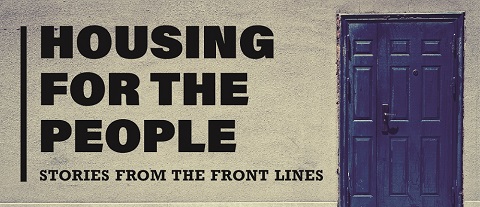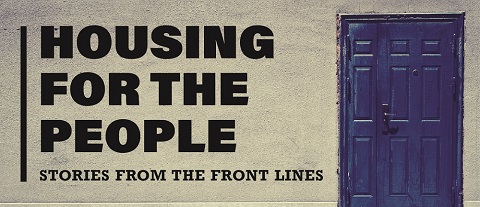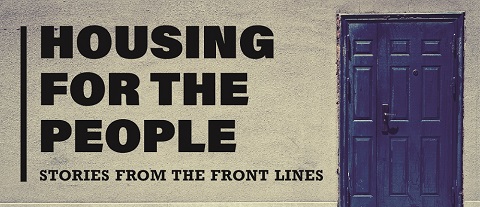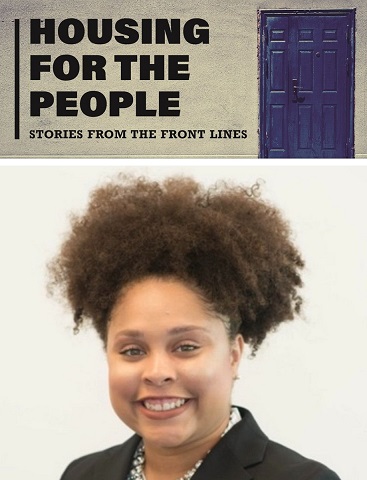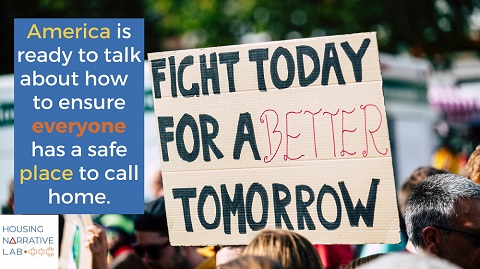By Benjamin Laufer and Jonas Füllner, Hinz&Kunzt
The first blow hits him right in the face. After the second the man falls to the ground. The apprentice painter strikes eight or nine more hard blows to the head of his victim who now holds his hands protectively over his face. The 22-year-old, who in April 2017 had let loose on a homeless person in Mönckeberg Street in Hamburg, was stopped by passers-by. A laceration to the victim’s head had to be sewed up at the local hospital. The attacker was sentenced to eight months in prison and later released on license. The local court judge found “there was no reasonable explanation for this attack”.
It was one of numerous attacks that have been carried out on homeless people in recent years on the streets of Hamburg. The pages of Hinz&Künzt have described how victims were kicked in the face while sleeping or beaten up on park benches. At least four times in 2017, a homeless person in Hamburg was the victim of an arson attack – luckily without fatal consequences. “The inhibition threshold seems to have sunk,” says Stephen Karrenbauer, a Hinz&Künzt social worker. These are citizens attacking homeless people – seemingly for no reason or because they despise them. Homeless people themselves, too, are also unafraid to use violence due to the pressure of competition on the streets. A look at the BKA’s crime statistics confirms the view that violence on the streets has increased. Since 2012, crimes against homeless people have been recorded separately. There are more and more of them taking place: investigative departments reported 258 violent attacks on homeless people in 2012; in 2017, it had risen to 592. This is an increase of 129% in only 5 years. In Hamburg, the numbers fluctuate between 56-70 attacks a year, with the unfortunate high point being in 2017. Among these there was even one murder and two attacks involving fatal blows. And these are only the cases that were reported to the police.
The local court judge found “there was no reasonable explanation for this attack”
How can this be happening? One possible explanation is that there are more and more people living on the streets who end up becoming victims. According to an estimate from the Federal Department for Work-Homelessness Support [Bundesarbeitsgemeinschaft Wohnungslosenhilfe – BAGW], the number of homeless people has more than doubled since 2012 – when it was 24,000. By 2016, 52,000 people in Germany were homeless. The criminologist Daniela Pollich, from the Cologne Technical College of Public Policy [Kölner Fachhochschule für öffentliche Verwaltung], notes that because the homeless are often weak and vulnerable they are easy targets for violent people.
Pollich conducted research into the reasons why homeless people become victims of violence. Sometimes they are attacked simply due to opportunity. “It is at night that homeless people are often on the streets and there for anyone who is looking to beat someone up,” Pollich says. In addition to this, there is the indifference that homeless people encounter in society: “If you start on your neighbour,” Pollich continues, “there are more serious consequences to face than if you seek out someone who lives unprotected and unnoticed in a dark corner somewhere.”
Pollich admits that the motives of attackers are hard to establish. However, it often has something to do with making themselves feel better by targeting the weak. “When there is someone below you then you yourself are not the loser in society,” the researcher explains. The attackers are often not far from the victim in terms of their status in society: “They look for someone they can devalue and on whom they can raise themselves up.” According to the local thugs on Mönckeberg Street, the secondary-modern-school leaver and apprentice painter was earning €370 a month at the time that he carried out his attack on a homeless man in April 2017. Often the perpetrators commit violent acts because the homeless do not fit their worldview; they are seen as being useless, lazy freeloaders. Some have internalised this prejudice; others are locked into an extreme right-wing worldview. A census undertaken by the Amadeo-Antonio Foundation found that since 1990, 26 homeless people have been killed by right-wing extremists, who have always considered them to be worthless, in hate crimes or prejudice-motivated crimes.
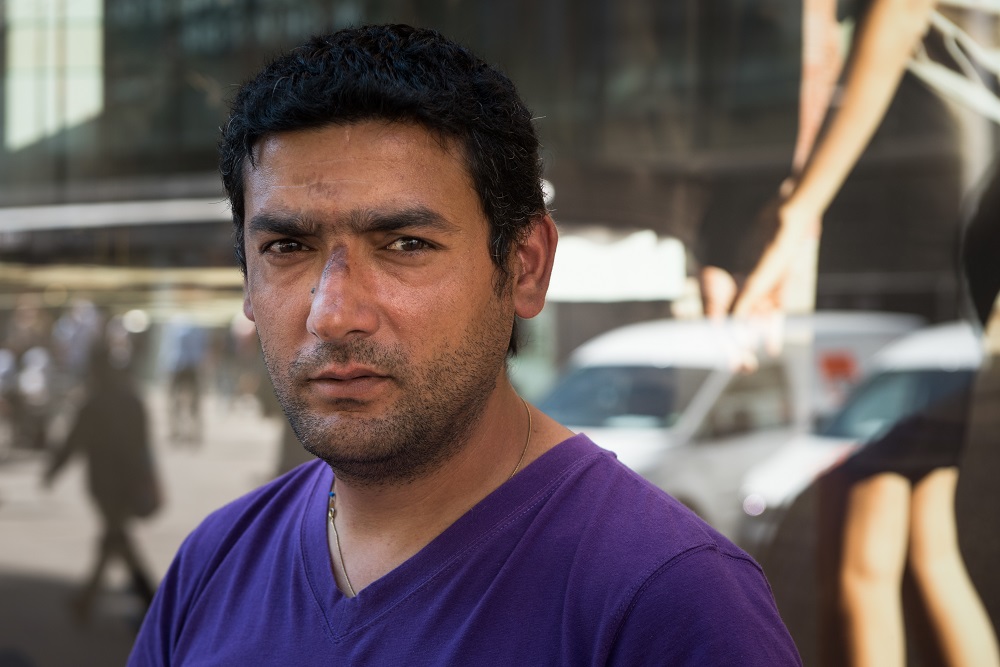
“The road is dangerous,” says Asen, who has lived on the street for 16 years. He was never been physically attacked. Nevertheless, he usually does not sleep at night. The fear of raids or attacks is too great, says the 33-year-old. “The body wants to sleep, but the head is afraid.” Until 5 o’clock in the morning, the native Bulgarian often lies awake and plays with his cell phone. Only when the first passers-by rush to work, does Asen feel safe. Sometimes he nods off. That happened to him again the other day. When he opened his eyes, his tobacco and soda can were gone. They had been right next to his head. “That someone was so close to me and I did not notice anything really scared me.”
Andreas Zick knows something about prejudices. He leads the Bielefeld Centre for Research into Conflict and Violence [das Bielefelder Zentrum für Konflikt- und Gewalt-forschung] and regularly studies the prejudices that are common in German society. It is certainly not the case that only Neo-Nazis are prejudiced towards the homeless. Since they started the study 14 years ago, they have found that around one third of Germans harbour such resentments and think, for example, that beggars should “be removed from the streets”.
What has changed over the last 14 years are the people who hold such views. In the beginning, it was particularly uneducated people with low incomes who felt this way. However, the researchers have found that these resentments now exist in every layer of society. People blame homeless people for the situation they find themselves in, implying a general incompetence and lack of emotion. “People don’t want to see the homeless,” says Zick. “And arguments can develop if the opportunity presents itself.” Around every third German still holds these prejudices, just like 14 years ago – and to this is added the violent acts committed against homeless people. The researcher explains that a general development has taken place: “Violence against marginalised groups has been increasing and is staying that way.” Someone who is ready to enact violence against refugees, for example, also often has the potential to attack the homeless.
Due to the fact that not all cases are reported, we can usually only speculate about the motivations of those who carry out acts of violence against the homeless. In January, the trial against a 32-year-old who had set a homeless person’s sleeping place alight the previous April in St. George ended up in municipal court. The only reason nothing more serious happened to the homeless person was because the fire was quickly put out by a passer-by. It is a crime that says a lot about life on the street in Hamburg. The arsonist was homeless himself and knew his victim. “I am certain I did not want to take his life,” the accused, Constantin, declared at the hearing. Instead, he wanted to teach the victim – 49-year-old Costel – a lesson, as he was known for his fondness for carrying out acts of violence among the homeless community. He regularly started fights with others over sleeping places. “I wanted him to change his attitude,” Constantin said, in defence of his crime. In fact, Costel confirmed before the court that the attack had had a profound effect on him: “I will think twice in future before I hit someone.”
The nerves of a homeless person who barely sleeps and has sunk into poverty on the street over a long period are likely to be, quite simply, shot to pieces
Many offenders who have attacked homeless people live on the streets themselves. The BKA has not confirmed how many that is exactly. In an analysis of media reports, the BAGW estimates it to be almost half of all cases. Despite this, it is most likely that the majority of attacks do not appear in the BKA’s nor the BAGW’s statistics because the people involved keep quiet and don’t report them. Dorian, a homeless man, was tried before the municipal court last September for attempted murder because, out of envy, he had set fire to the sleeping places of two other homeless people. During the hearing, the grounds for the judgement were set out. The ‘plausible motive’ the judge perceived Dorian as having derived from his obvious jealousy of the ‘premium sleeping places’ of the two victims. The judge was speaking not about a penthouse apartment, but a dry but draughty corner of a car park on Hamburg’s harbourside.
“There has always been competition on the street, but it has increased in the last few years,” says Johan Graßhof, a street social worker. The pressure on homeless people is constant, especially for East Europeans who receive little help from the city council and who are consistently evicted. Even small arguments can therefore become the cause of physical conflict. To people with homes they can often seem like trivial things, says criminologist Pollich. The lending of a bottle of beer or a cigarette can be the cause of a physical fight. “Those situations are the manifestation of the accumulation of inequalities, such as a lack of prospects, frustration and hopelessness,” he explains. In other words: the nerves of a homeless person who barely sleeps and has sunk into poverty on the street over a long period are likely to be, quite simply, shot to pieces. Ultimately, it is unlikely to matter to the victim whether the perpetrator has a home or not. Last November, a 27-year-old emptied his beer bottle over a homeless person who was sleeping in the S-Bahn station in Ohlsdorf. And, if that wasn’t degrading enough, he then broke the bottle and preceded to inflict a 12 cm long cut to the victim’s throat, thus seriously injuring him. The man later handed himself into police. “The motive is still unclear,” according to the local prosecution service. The man was due to attend court at the end of May to face the charge of causing grievous bodily harm. He is 27-years-old and still lives with his mother.
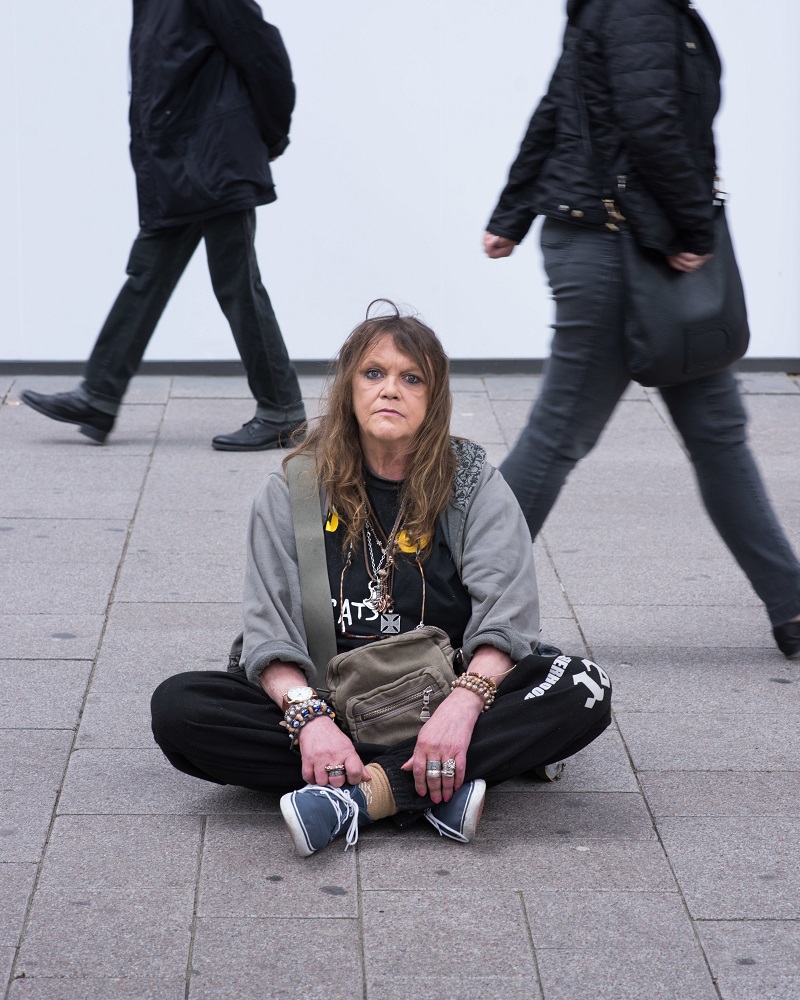
“For a lot of people, you’re just dirt in the street,” says Maggy. “If something happens to you, nobody comes and helps.” Women are exposed to violence more often than men – above all sexualized attacks. Many homeless women sleep with their friends to stay safe. Then it happened: “I was raped on the street,” says the 55-year-old. “Two German guys. In the middle of the night. They grabbed me, tore my sweatpants down and then someone came after me.
Despite the numerous violent attacks carried out against homeless people on Hamburg’s streets there has been no public outcry until now. According to Pollich, it is important that these acts are criminalised because otherwise right-wing thugs will be allowed to continue carrying out their own version of ‘social cleansing’. “Society needs to commit themselves to making that happen,” she says. “[An outcry] would definitely prevent some people from attacking others.”
Conflict researcher Zick emphasises how important understanding is for preventing these assaults. “People who have contact with homeless people and know something about their world harbour markedly fewer prejudices,” he says. Because of this, Zick is arguing the case for implementing a programme that would bring together the homeless and those with homes. “Either our society does more, or we can’t be surprised when we see violence.”
At the local social security office, there is no visible need for targeted prevention measures. Rather, they point to the need for a general programme that targets right-wing extremism. “We don’t need a specialised programme for each distinct group, instead we should have everyone in our sights,” says spokesperson, Marcel Schweitzer. He adds that the office does not explicitly concern itself with violence against the homeless: “That is a police matter.” Indeed, the police here do their investigatory work and address each violent attack on a homeless person – unlike in other German states – but only on an individual basis. To find out how many cases there were across the city of Hamburg you have to ask the BKA in Wiesbaden.
Translated from German by Natassja Thomas














